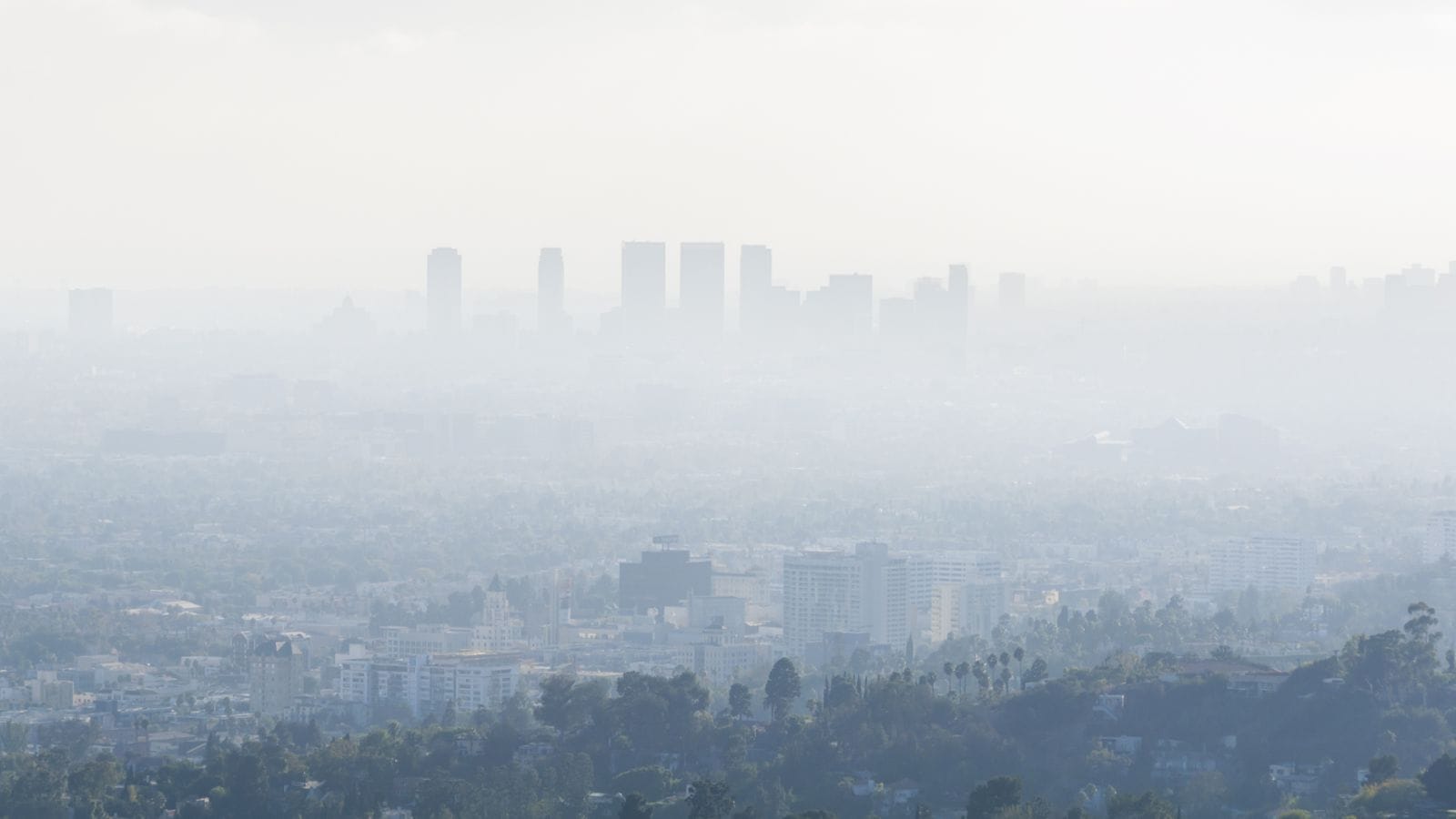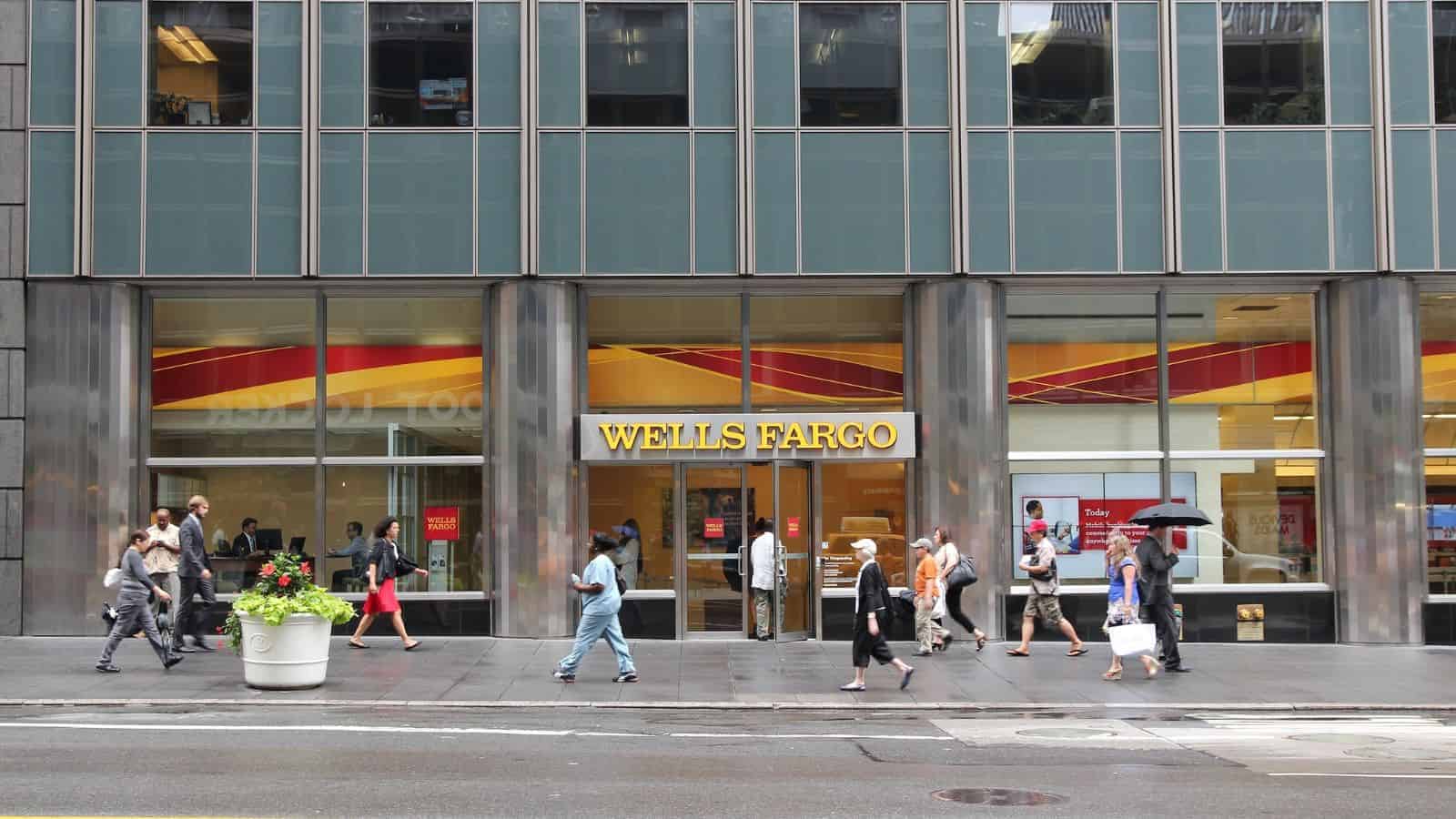Texas may have good food, good music, and good weather—but it’s not enough to keep people from leaving in droves. From natural disasters to political disagreements, this article shares 17 of the most common reasons that the state is seeing a significant outflow of residents.
High Cost of Living

In recent years, Texas has experienced an increase in housing prices, especially in major cities like Austin and Dallas. Residents are also facing higher overall living expenses compared to some other states, which just isn’t feasible for everyone. Considering that some areas also face extremely high property taxes, it’s no wonder people are choosing to leave!
Limited Job Opportunities in Certain Sectors

There’s unfortunately been a decline in the oil and gas industries in Texas, which is affecting job security. On top of this, there are fewer opportunities in new and emerging technology sectors compared to other states. When you combine this with the fact that job competition is rising within major Texan cities, it makes moving pretty attractive.
Quality of Education Concerns

According to U.S. News, Texas ranks 29th among all states in terms of K–12 education, which isn’t overly impressive. Higher education is also pretty expensive statewide, with rising tuition costs. There are also general concerns about the state’s focus on standardized testing over comprehensive education.
Natural Disasters

Texas does sadly have a high frequency of natural disasters, including tornadoes and hurricanes. When you consider severe weather events like the 2021 winter storm, it also becomes clear that the state has some infrastructure weaknesses. Droughts and wildfires aren’t uncommon, either. With all that said, you can imagine why some people are moving.
Political Climate

The conservative political environment of the state doesn’t align with the beliefs of many younger, more liberal residents. As you likely know, there are some pretty controversial state laws and regulations in place on issues like abortion and LGBTQ+ rights. This is reason enough for some to get out as fast as they can!
Health Care Accessibility

Did you know that Texas has one of the highest rates of uninsured people in America? Rural areas are also suffering from a lack of medical facilities and professionals, which isn’t suitable for many, and there are concerns over reproductive health services following new state regulations.
Public Safety and Crime

SafeWise reports that “Texas is #9 in the US for its higher-than-average violent crime rate.” The rate is typically higher in larger metropolitan areas, where there are also issues with policing and public safety measures. On top of this, state residents are getting increasingly concerned about gun violence and related legislation.
Transportation and Infrastructure

Public transportation systems are considered very overburdened, especially in growing urban centers. Poor road conditions and heavy traffic congestion also add to the issue, which causes people to consider moving elsewhere. Let’s not forget the infamous power grid failures and lack of robust energy solutions.
Environmental Concerns

The state’s issues with air quality and water management are also a concern for residents. Industrial pollution and its health impacts, particularly in cities like Houston, is a driving force behind why people are leaving. There’s also a lack of strong environmental protections and regulations.
High Property Taxes

Did you know that Texas has one of the highest property tax rates in the country? Increasing valuations are unfortunately pushing residents to more tax-friendly states. The disproportionate tax burden on middle and lower-income families is another strong factor for many.
Changing Demographics

The demographics are changing rapidly in Texas and this doesn’t appeal to everyone. For example, “From 2023–2050, the fastest growing age groups will be among people 65 years and older,” as per Texas 2036. Many young professionals are seeking more diverse and inclusive communities.
Seeking Better Lifestyle Options

Is there ever a better reason to move than for a better life? Some people are leaving Texas because they desire more vibrant, diverse urban experiences found in cities like New York or San Francisco. There’s also a better work-life balance offered by other states.
Weather Extremes

We all know that Texas’s weather can be extreme on both ends. There are harsh summers with extreme heat and minimal relief and bitterly cold winters (in some areas). Many residents seek out other states in the hope of a milder climate with fewer weather-related disruptions to daily life and business.
Real Estate Market Inflation

Unfortunately, inflated real estate prices in the state are making home ownership unattainable for many. Real estate market volatility is also causing financial uncertainty. This naturally means that investors and homebuyers are looking for markets with better long-term growth potential, causing them to leave Texas behind.
Social Services Limitations

The Urban Institute says, “Texas ranks behind most states in social welfare spending, with limited state spending beyond federal matching requirements.” Many people don’t agree with the insufficient support for vulnerable populations like the homeless or mentally ill or how state social services are managed.
Cultural and Social Reasons

Texas has a perceived lack of cultural amenities and activities compared to some coastal states. Though this generally depends on the area people live in, younger generations aren’t too pleased with this, and so they leave to find a state that better aligns with their personal values and has a more progressive community environment.
Attraction of Other States

Some people just can’t resist the pull of other states, especially when they’re offering more progressive policies, better climates, and more job opportunities. States like California and Colorado, for example, are attracting Texans with their vibrant cultural scenes. When you consider the better overall quality of life metrics in other parts of the country, it’s no wonder people are moving fast.
Up Next: 17 Behaviors That Make People Think Less of You

If you want to be accepted by those around you, you have to behave in certain ways. Obviously, you should still be yourself, but there are certain social ‘rules’ people should abide by, like avoiding these 17 behaviors that make people think less of you.
17 BEHAVIORS THAT MAKE PEOPLE THINK LESS OF YOU
20 Signs Someone Is Only Pretending to Care

Whether it’s to avoid hurting your feelings or if it’s part of a more elaborate plan to deceive you for benefits, people pretend for many reasons. The main theme with them, though, is that their actions never match the sugar-coated words that come out of their mouths. So that you don’t fall for someone like this, we’ve compiled 20 signs for you to look out for.
20 SIGNS SOMEONE IS ONLY PRETENDING TO CARE
18 Items at Walmart that Aren’t Worth Your Hard-Earned Money

For many of us, Walmart is the go-to superstore. Whether we need groceries, clothing, or technology, Walmart is a one-stop shop for everything you would need. However, there are some Walmart products you should avoid at all costs, such as the following 18 examples.
18 ITEMS AT WALMART THAT AREN’T WORTH YOUR HARD-EARNED MONEY
